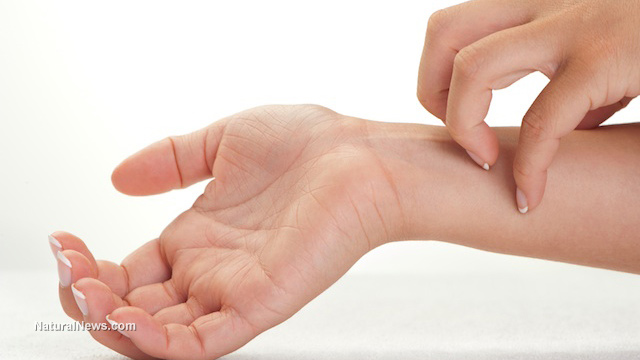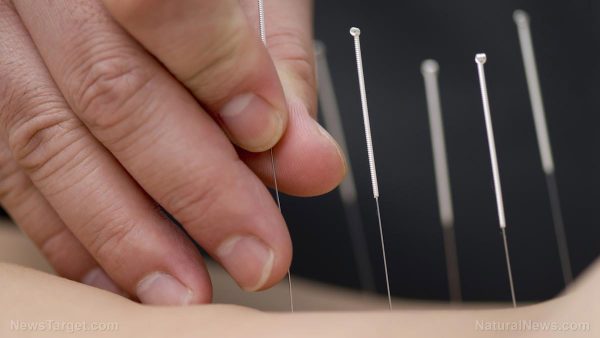According to a recent study, “[walking] for at least 40 minutes several times per week at an average to fast pace is associated with a near 25-percent drop in the risk of heart failure among post-menopausal women.”
Dr. Somwail Rasla, a cardiologist at Saint Vincent Hospital, explained that while it has already been established that physical activity can lower the risk of heart failure, it’s possible that –contrary to popular belief – walking alone may be enough.
In the U.S., at least 6.5 million adults have heart failure, a condition where the heart is too weak to pump enough blood for the body’s needs. The risk of heart failure increases with age, and women who are 75 to 84 years old are at least thrice as likely to have heart failure, unlike women who are 65 to 74 years old.
Dr. Rasla added that based on their analysis, walking is an accessible form or physical activity. In fact, it is almost equal to other types of exercise that have been previously studied when it comes to lowering risk of heart failure. He noted that it is possible to “reach a comparable energetic expenditure through walking” which can be gained from other kinds of physical exertion. (Related: Spending more time exercising can greatly reduce your risk of heart failure, study shows.)
Since walking doesn’t require a strict schedule or special equipment, the results of the study proved that exercise is an acceptable form of physical activity. This is good news, especially for older women who may have second thoughts about signing up for a gym membership or trying out a new workout routine.
The study is the first to examine walking behavior and health outcomes in 89,000 women for more than a decade. It is also the first to study the benefits of walking by examining the effects of walking frequency, duration, and speed. The study Dr. Rasla conducted is also the first to concentrate on the risk of heart failure among women older than 50.
The research used an analysis of data from the “Women’s Health Initiative” (WHI), a large study funded by the National Heart, Lung, and Blood Institute. The study gathered data concerning women’s habits and health outcomes from 1991 to 2005.
The women who took part in the WHI were aged 50 to 79 at enrollment. Dr. Rasla et al. gathered data for women at baseline who could walk at least one block. The women also didn’t have cancer, heart failure, or coronary artery disease.
Based on the results of the study, walking frequency, duration, and speed all contributed equally to the overall benefit of walking. Women who walked at least twice weekly had a 20 to 25 percent lower risk of heart failure, unlike those who walked less frequently.
Women who walked for 40 minutes or more had a 21 to 25 percent lower risk than those who took shorter walks. Those who walked at an average or fast pace had a 26 and 38 percent lower risk of heart failure, respectively, unlike women who walked at a casual pace.
The results were consistent among post-menopausal women of different age categories, baseline body weight, and ethnicities, implying that the findings can be generalized to apply to most women older than 50.
Dr. Rasla noted that the results revealed that women with four different categories of body mass index (BMI) had the same inverse relationship between walking behavior and the risk of heart failure. He concluded that based on the study’s results, even obese and overweight women can also benefit from walking to lower their risk of heart failure.
The other benefits of walking
Aside from lowering the risk of heart failure among post-menopausal women, walking also offers the following benefits:
- It can help curb a craving for sweets – A short 15-minute walk can control cravings for chocolate. Walking can also reduce the amount of chocolate you consume when dealing with stressful situations.
- It counteracts genes that promote weight gain – Walking briskly for at least an hour daily can lower the effects of weight-promoting genes by half.
- It eases joint pain – Walking helps reduce pain caused by arthritis, and taking five- to six-mile walks weekly can also help prevent arthritis from forming in the first place. Walking protects the joints, such as the knees and hips, which are most prone to osteoarthritis.
- It strengthens immune function – Walking can boost your immunity during cold and flu season. Walking at least 20 minutes daily and five days weekly lowers your risk of getting a cold or the flu. If you do get sick, it will only be for a shorter period and your symptoms will be milder.
You can read more articles about women’s health and the other health benefits of walking at WomensHealth.news.
Sources include:
ACC.org
Health.Harvard.edu





















